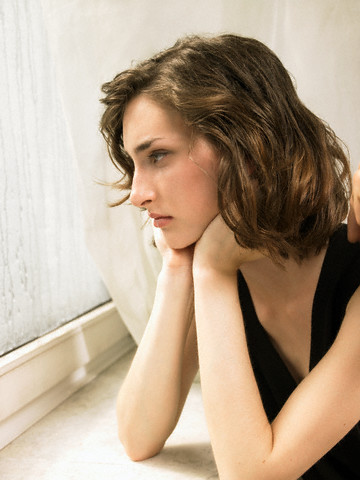Depression or seasonal affective disorder, as this condition is called in the literature, manifest themselves through psychological and physical discomfort, which usually we feel the transition from hot to the cold season.
How this manifest:
Winter depression is caused by the internal biological clock disturbance due to shortening days and decreasing sunlight. Symptoms generally begin in the fall, reaching a climax during the winter and improves in early spring.
According to World Health Organization, the most affected by winter depression are women, over 70% of them felt the effects of its negative: affective and sleep disorders, difficulty concentrating, loss of interest in any activity, increased appetite for sweets, irritability, fatigue and lack of energy. The most common cases are among women around the age of 30 years, but can sometimes occur at younger ages, from childhood, with an opportunity to be treated.
Seasonal depression causes:
Circadian rhythm, also known as “internal biological clock” is the mechanism responsible for adaptation of biochemical, physiological and behavioral changes that occur in the body every day. Most people become aware of the importance of perfect timing of daily activities with internal clock only when the observed darkening of the current activities and which normally would be easy to execute. For example, the transition from hot to the cold season have difficulty waking because of poor adaptation to natural light lower body, causing circadian rhythm imbalance and loss of ability to concentrate, increased irritability and a general state of fatigue.
How to treat seasonal depression:
Winter untreated depression leads to further deterioration of interpersonal relationships and the emergence of serious diseases such as cardiovascular and psychiatric diseases. You can help prevent or treat winter depression in a balanced diet and by exercising regularly. It is also advisable to spend as much time outdoors doing a walk or other outdoor activities.
In cases of severe depression, you may need an artificial light-based therapy with an ultraviolet filter. Antidepressants should only be given on medical advice, but it would be preferable for these drugs to be replaced by a treatment based on natural products.
In conclusion, winter depression can be overcome naturally if you pay attention to your diet, do regular exercise and manage effective natural products.

